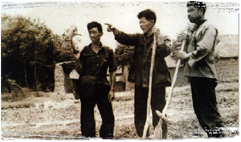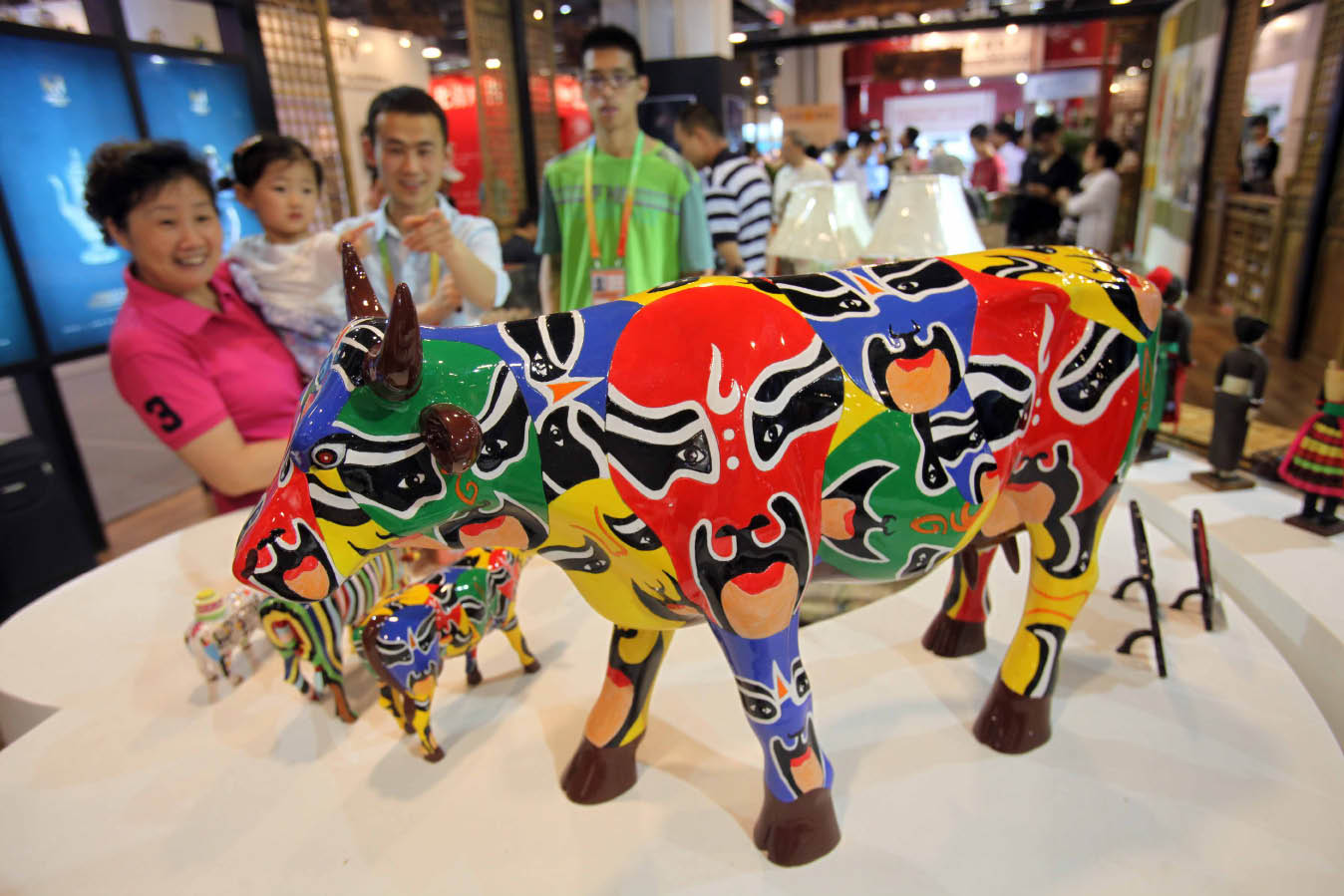| Chinese Reform: Thirty Years of Progress
By staff reporter Zhang Xueying & Xin Xin
A Western journalist covering the Beijing Olympic Games said that what touched him most were the smiling Chinese faces he saw, and that remark highlighted the fundamental changes that the past three decades of reform and opening-up have brought to the country. Indeed, compared with the smiles, which beam an increasing confidence, the sprawling cityscape of high-rise buildings has become an old story.
In the early 1980s, Deng Xiaoping, who masterminded the country's reforms, described China's advance as "feeling the stones to cross the river," and to be sure, China's economic miracle over the past three decades has not been without some stumbling cost. But over time, the Chinese people have grown into a mature nation, capable of dealing with the world on an equal basis. They now care more about the quality of development rather than the speed of growth, and they have become increasingly concerned with justice and fairness. This series of articles tries to reflect these ideological and spiritual changes.
1978
Xiaogang's "Grand Parceling" Scheme
 |
Three of the farmers in Xiaogang Village who initiated the land parceling scheme at the end of the 1970s. |
"We shall parcel out the village's farmland to each household. If the scheme fails, we cadres will accept the consequences, even if we are put to death, on condition that you villagers shall raise our children until they reach the age of 18."
On a frigid night in December 1978, the 18 families of Xiaogang Village signed a secret "life-or-death compact," and wasting no time, they divided the village's land, animals and farming tools on a per capita basis to each family, a milestone that came to be known as the "Grand Land Parceling" scheme. By doing so, the village, which previously had been a production brigade of a people's commune, changed not only its own fate, but also that of the entire country.
Following the establishment of the New China, the country copied the Soviet economic system and nationalized all private businesses. Before 1978, people had no concept of private property, and division and distribution of collective property among individuals was regarded as a crime. In rural areas, all production materials and land belonged to collectives in the form of production brigades, and villagers farmed collective land in exchange for compensation, in cash and in kind.
The system known as the "Big Rice Bowl" retarded individual initiative. Before 1978, almost all of the 100 households of Xiaogang regularly left home for begging trips following each autumn harvest. But in 1979, the village produced enough grain for its own consumption, and for the first time sold a surplus to the state. The villagers' per capita income that year reached RMB 400, compared to RMB 22 in 1978.
However, the rapid booming of the village did not create an immediate domino effect, and in 1982 the central government issued its first document of the year to confirm the "Grand Parceling" program, committing itself to the long-term stability of the policy. It did so in the following four years, issuing four more "File Number One" documents. As a result, the decade since 1979 saw a rural boom that laid a solid material foundation for the country's more audacious economic reform and opening-up endeavors, spreading rapidly to its urban areas.
|


